2 Day Consultative Workshop in Keta Tackles Gaps in Marine Warning Uptake
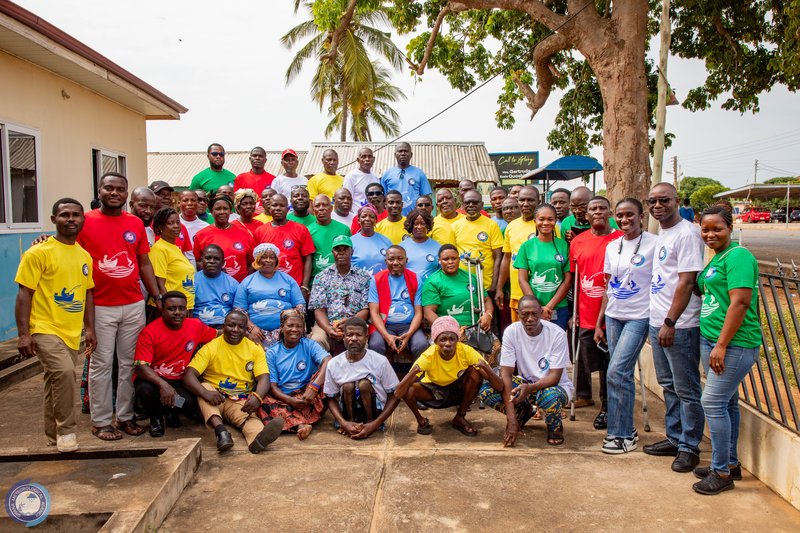
The Ghana Meteorological Agency (GMet) has successfully concluded a two-day stakeholder engagement workshop at the Keta Municipal Assembly Conference Hall, as part of its ongoing coastal outreach to strengthen the trust, inclusivity, and effectiveness of marine weather forecasting in Ghana.
The workshop, held from July 28–29, brought together participants from Keta, Denu, Adina, Anloga, and Ada Foah. It provided a platform for dialogue on the persistent challenges surrounding the dissemination and uptake of marine weather information, particularly in the face of recurring accidents and loss of life along Ghana’s coastline and inland waterways.
A major highlight of the workshop was a detailed presentation by the GMet team on notable marine incidents across the country. Cases such as the Atikagome tragedy on the Volta Lake, inshore vessel accidents near Ada, fatal boat mishaps on the River Oti, the Tema canoe collision, and the Azizanya–Azizakpe capsize were analysed to underscore the life-threatening implications of unheeded marine warnings.
Led by Mr. Joseph Tetteh Portuphy, Deputy Director of Synoptic Meteorology and Forecasting, the GMet team guided participants through a collaborative process aimed at identifying the root causes of low compliance with marine alerts. This included examining communication gaps, community perceptions of risk, and the accessibility of forecasts to those most at risk.
Participants were grouped into breakout sessions to engage in focused discussions on three key areas: reasons behind the disregard for marine warnings, communication barriers within the forecasting process, and practical approaches to ensure greater inclusion of fishers, boat operators, and vulnerable populations in forecast design and dissemination.
The second day of the workshop opened with a structured recap of key discussions and insights from Day One, ensuring continuity and helping to consolidate understanding among participants. The recap was followed by presentations from each breakout group, with representatives sharing rich feedback on communication gaps, the role of trust in forecast uptake, and the need for more community-embedded forecast strategies.
The workshop saw participation from a broad range of institutions including the Volta Regional Chairman of the Canoe and Fishing Gear Owners Association of Ghana, representatives from the National Disaster Management Organisation (NADMO), the National Inland Canoe Fishermen Council, Fisheries Commission and officials from the Keta Municipal Assembly. Their perspectives further enriched the conversation, reinforcing the importance of cross-sector collaboration in promoting marine safety.
The Keta engagement forms part of a wider coastal series led by GMet to deepen collaboration with end-users and to improve the usability and impact of marine weather information. The next leg of the engagement continues in Cape Coast on July 30, 2025, as the Agency works toward more inclusive, responsive, and life-saving marine forecasting systems for Ghana’s coastal and fishing communities.
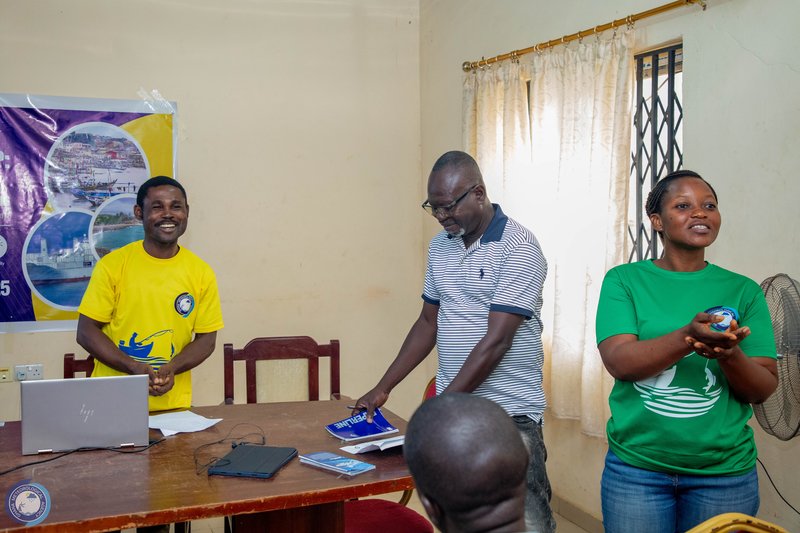
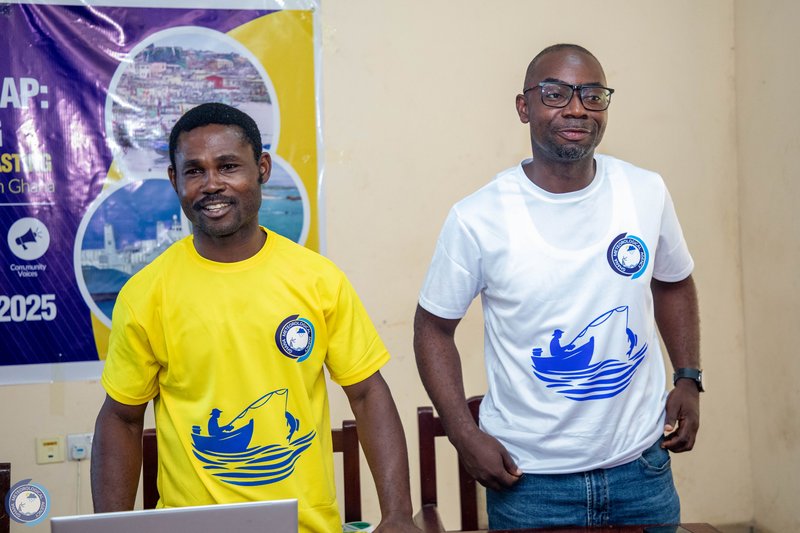
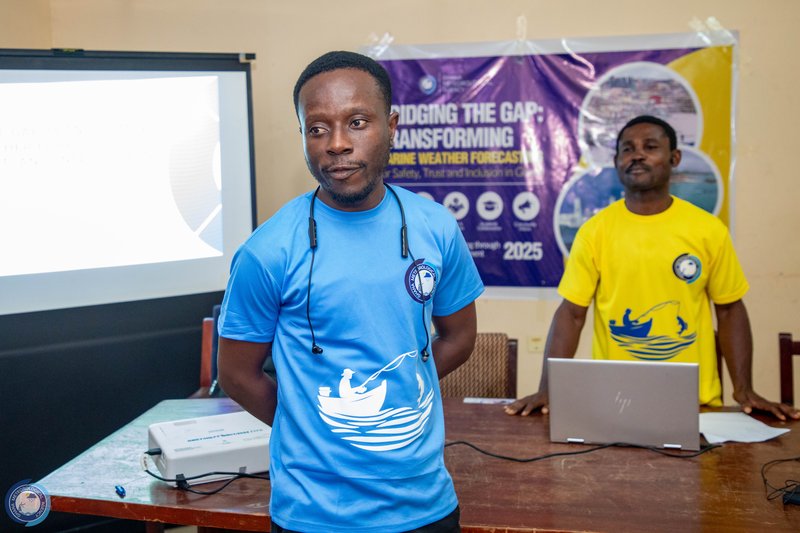
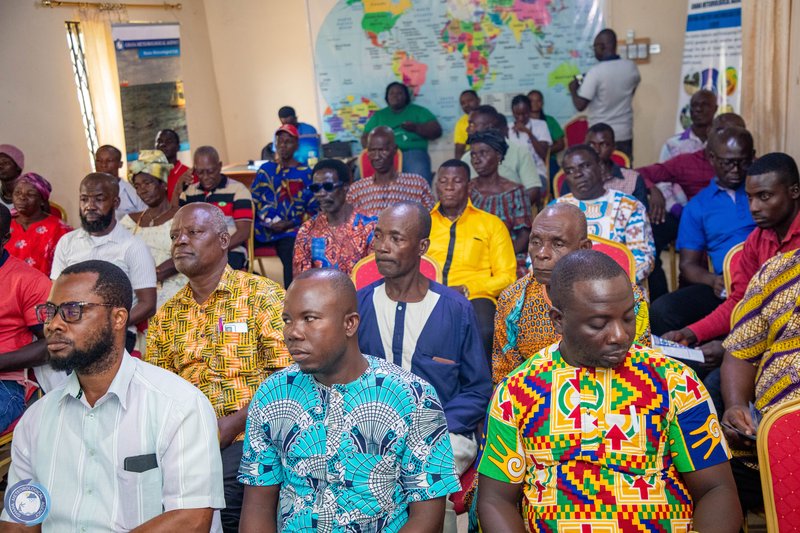
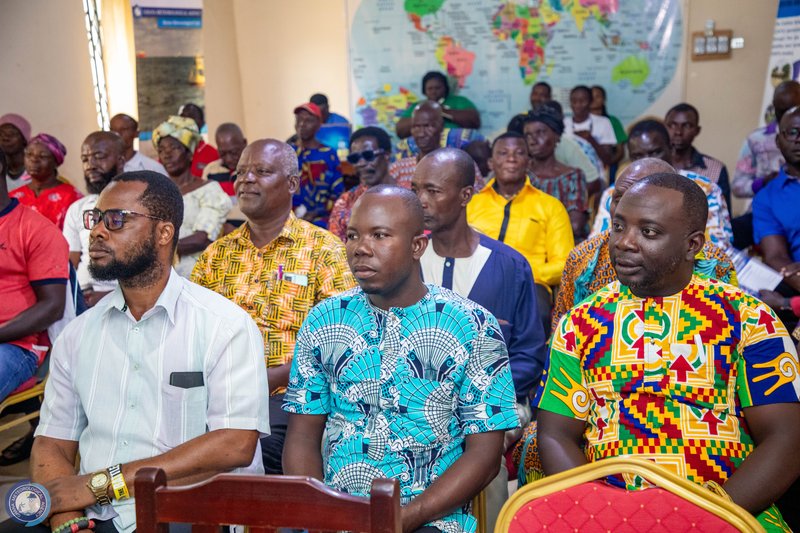
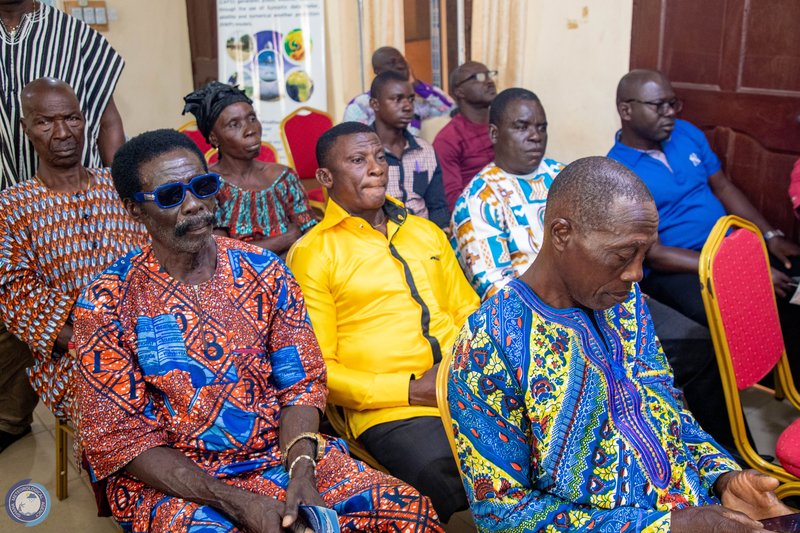
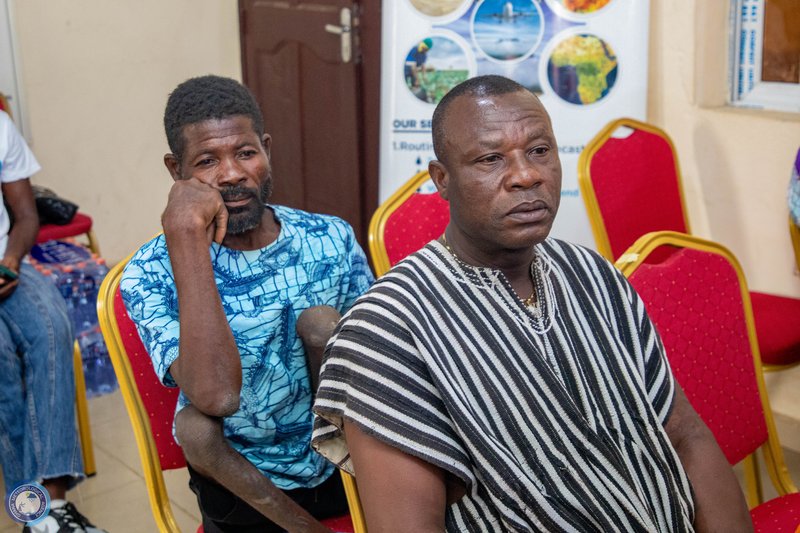
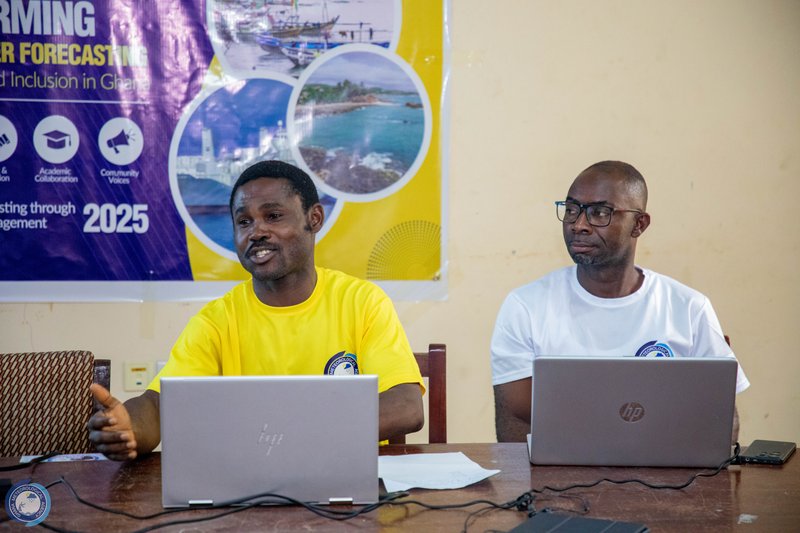
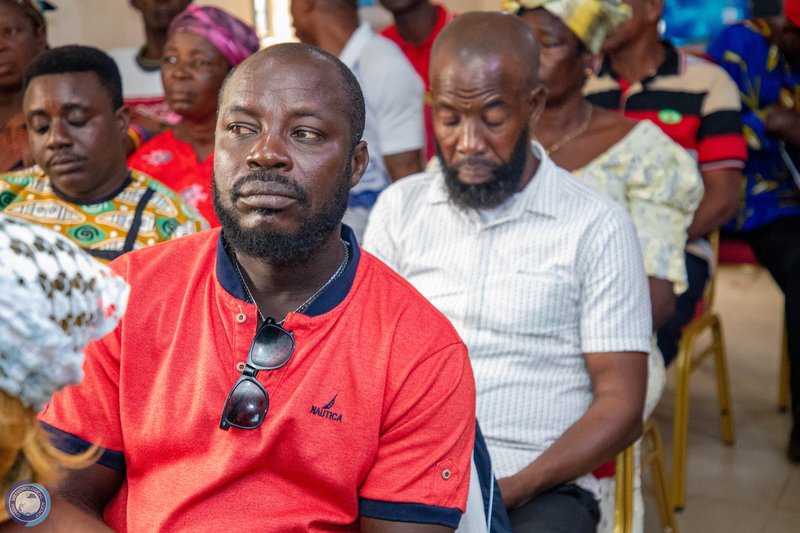
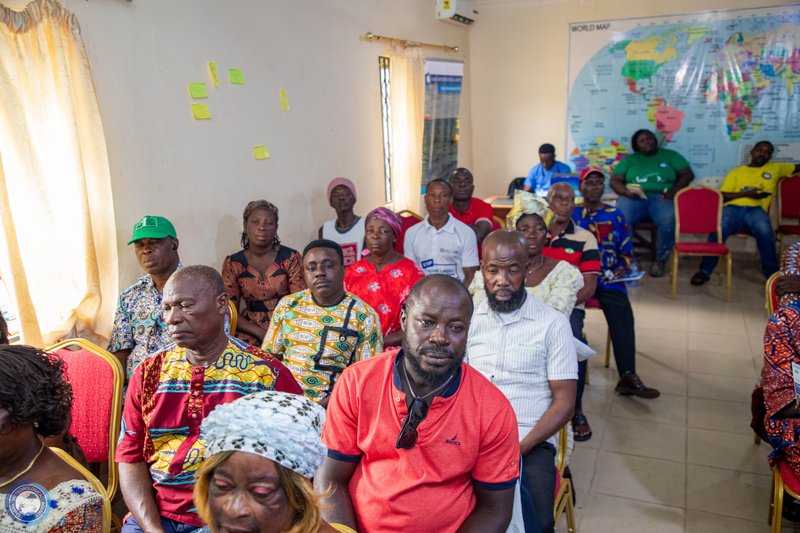
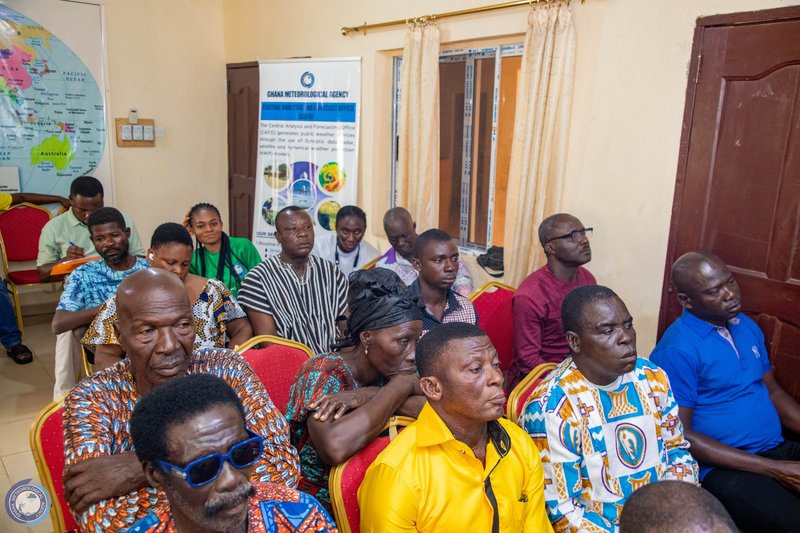
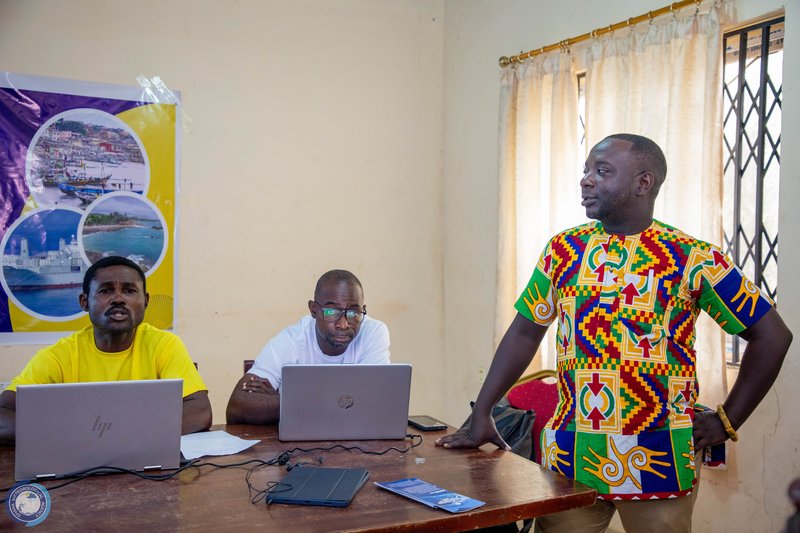
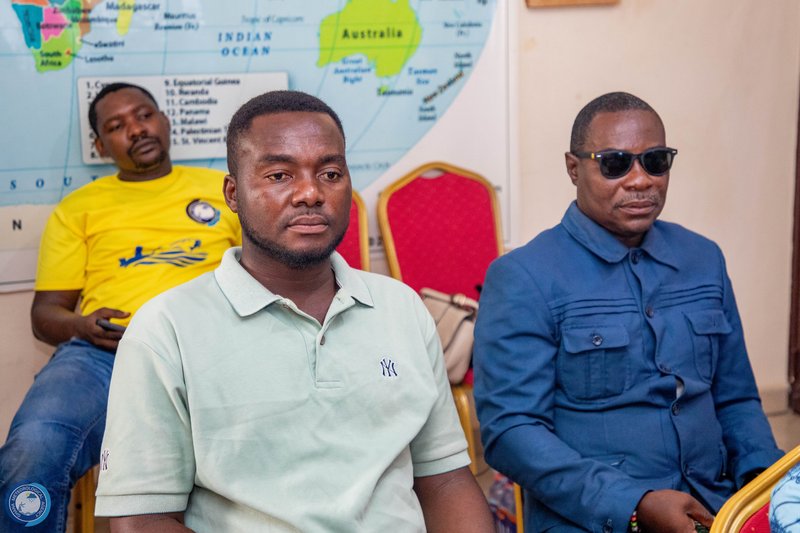
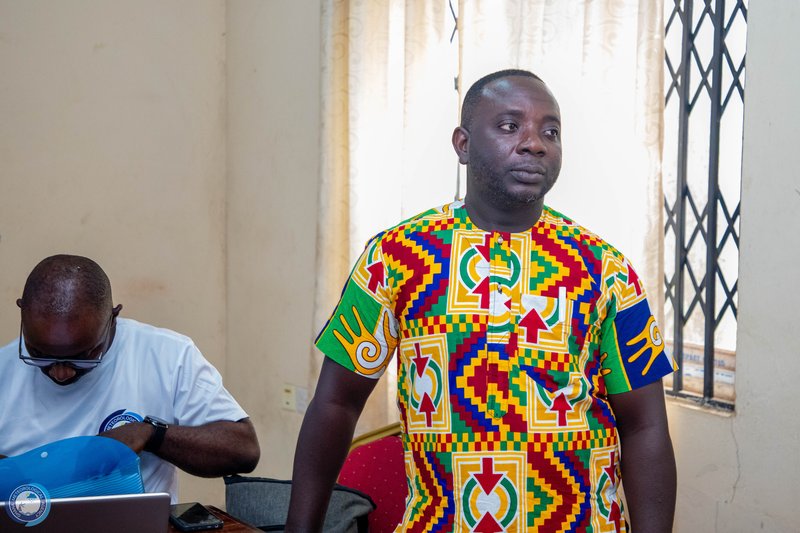
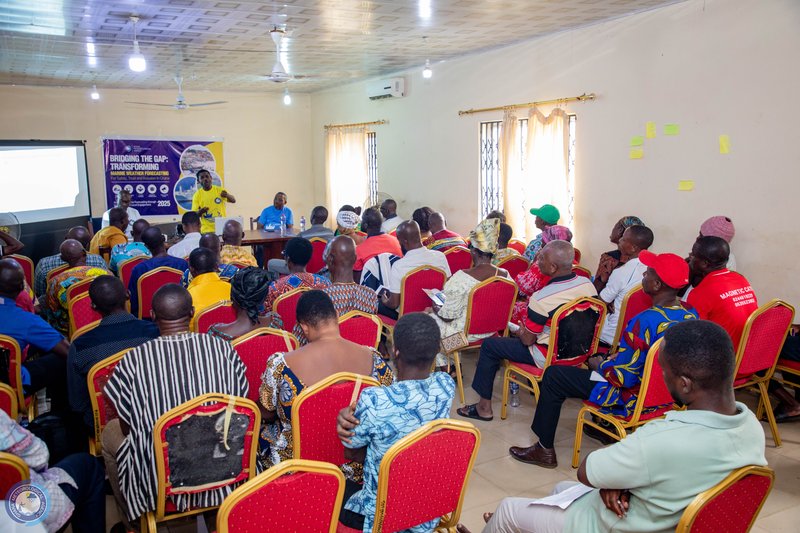
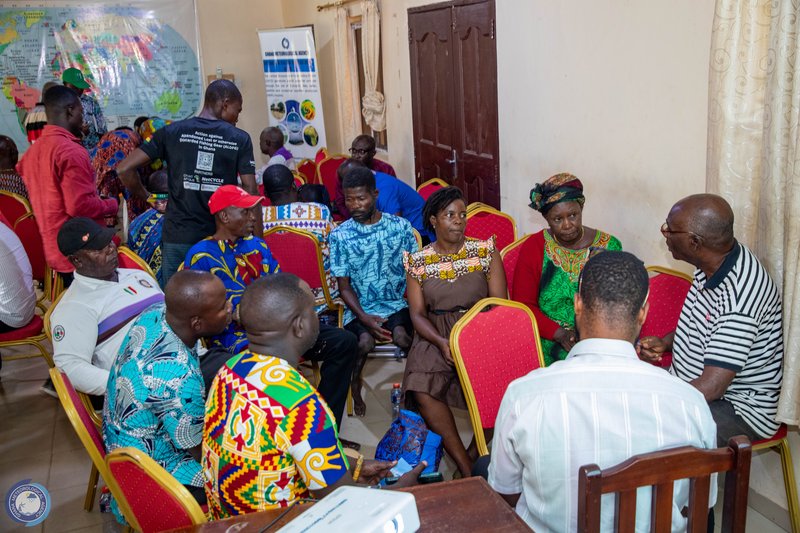
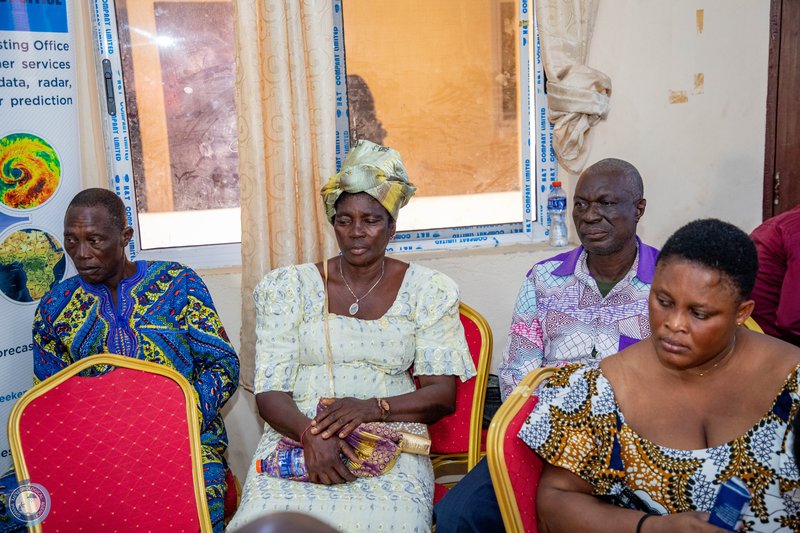
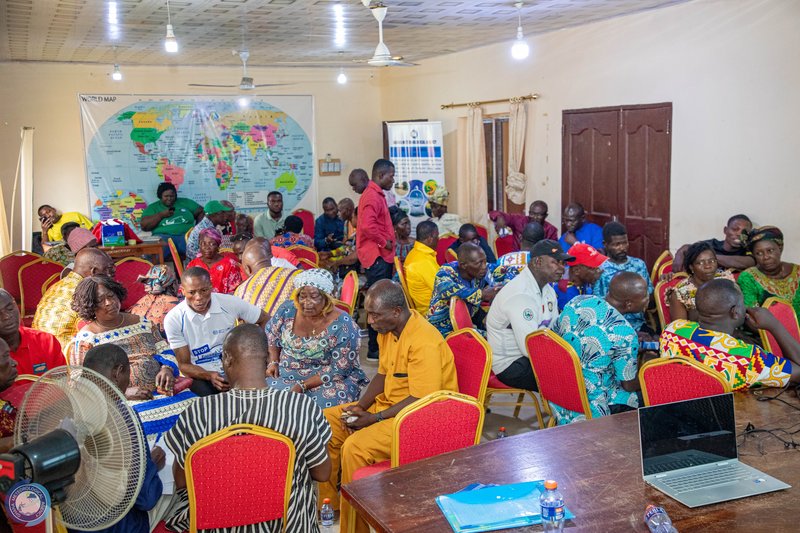
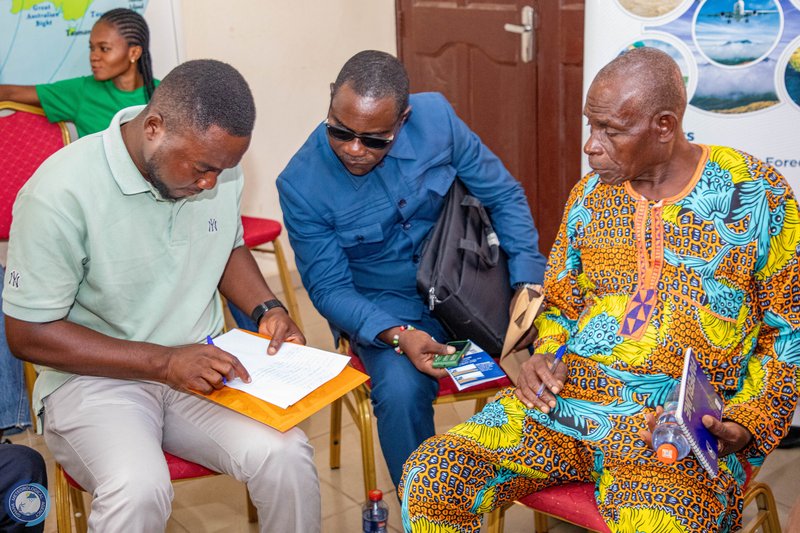
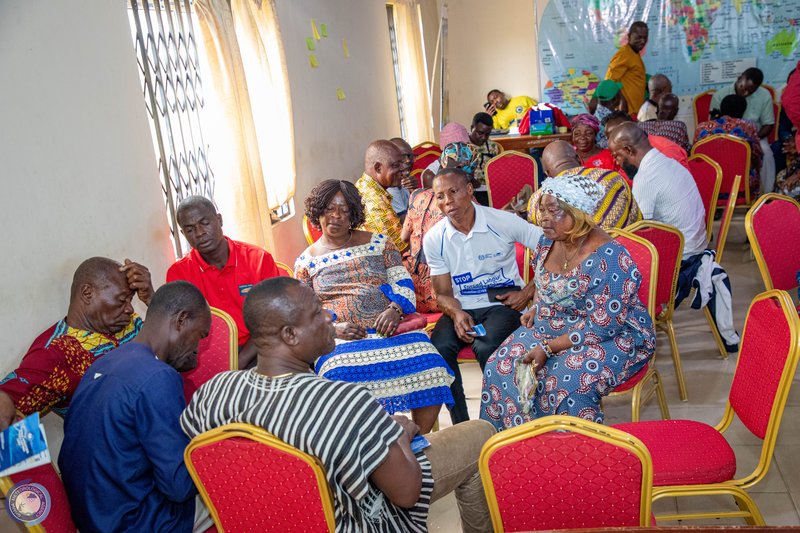
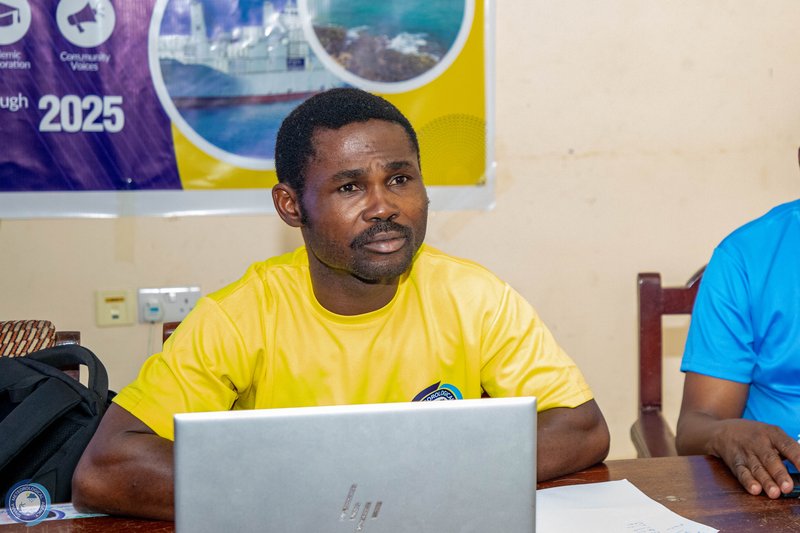
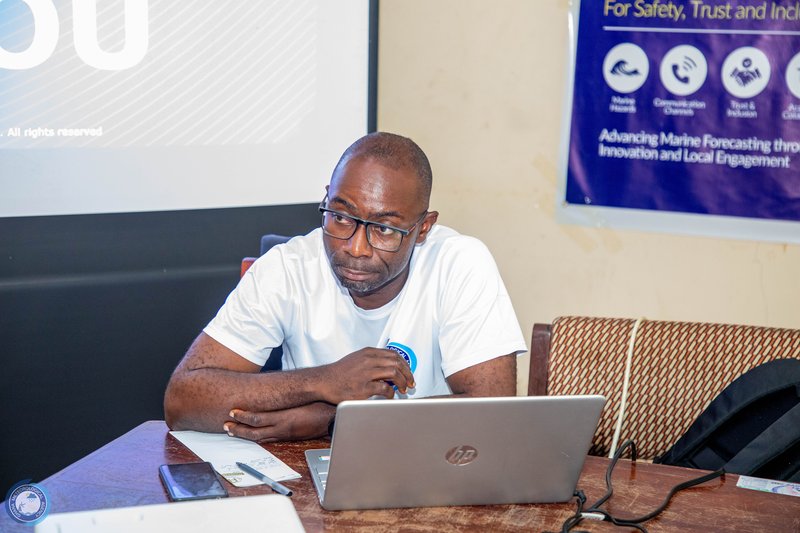
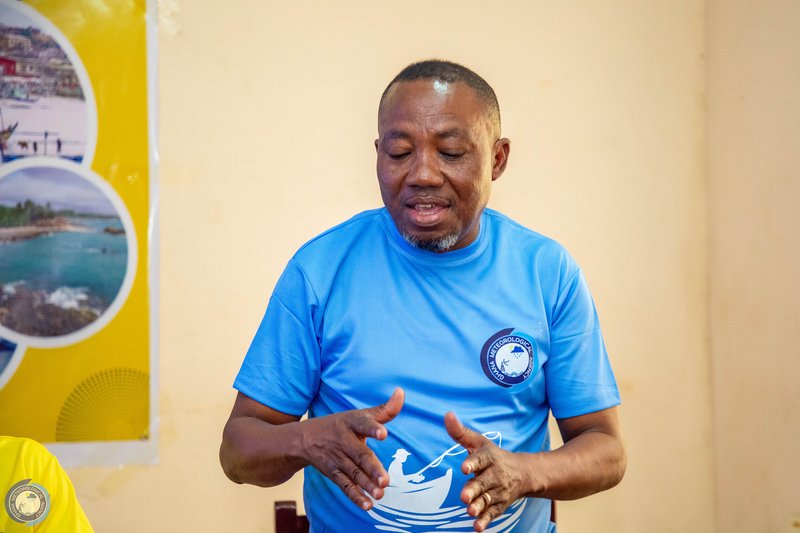
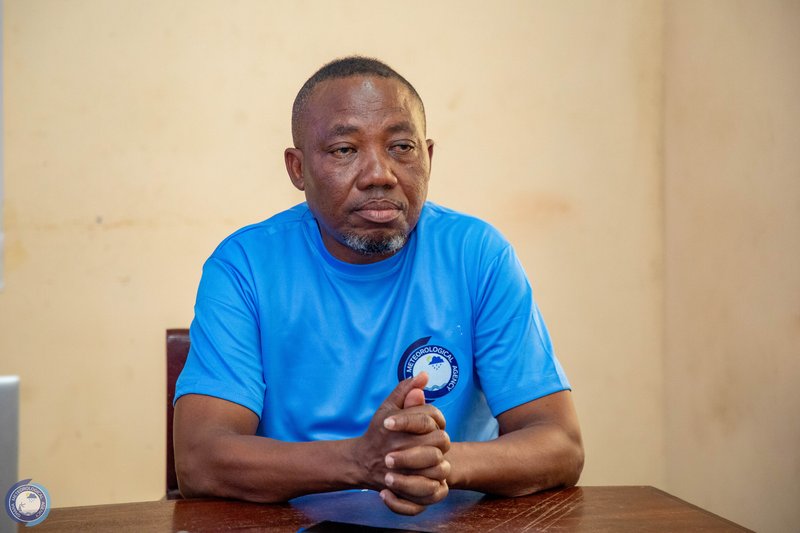
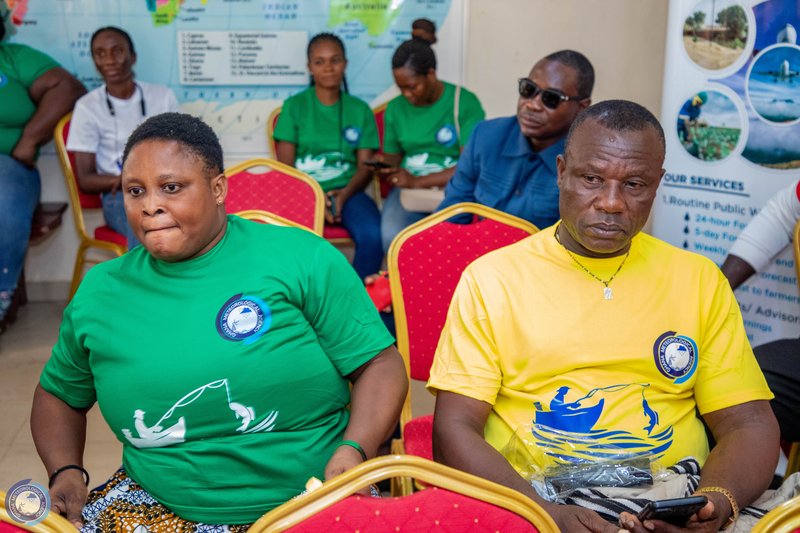
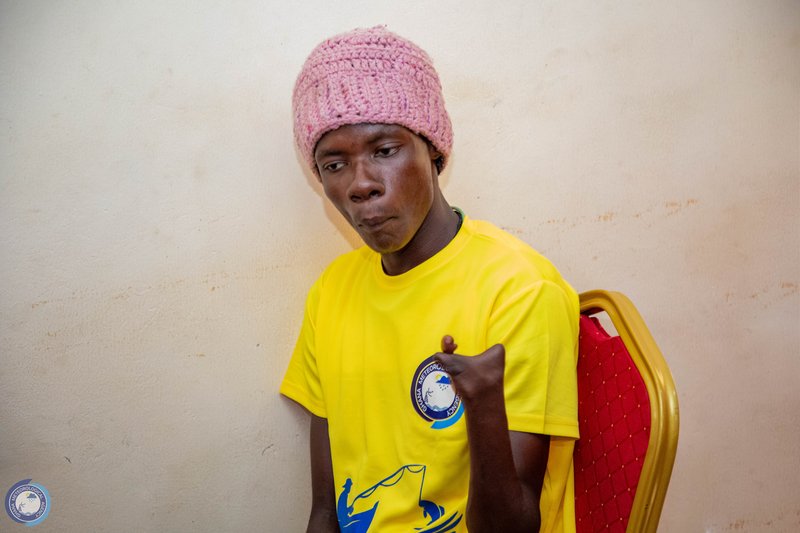
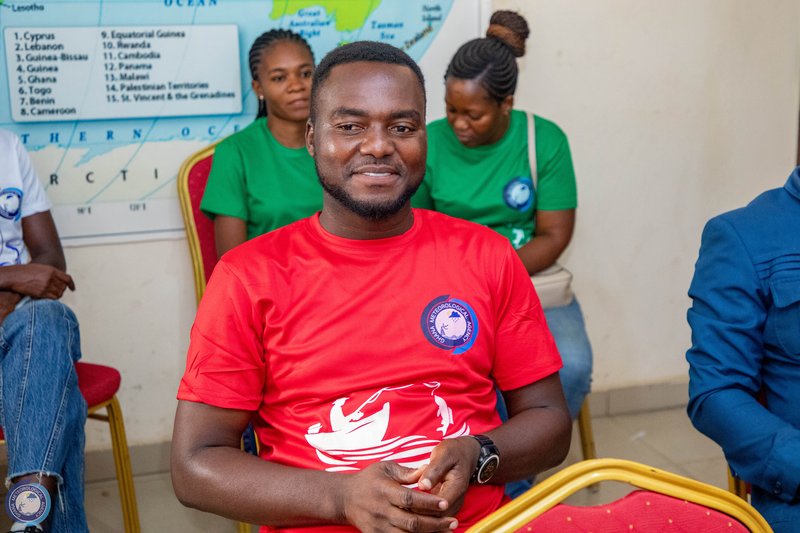
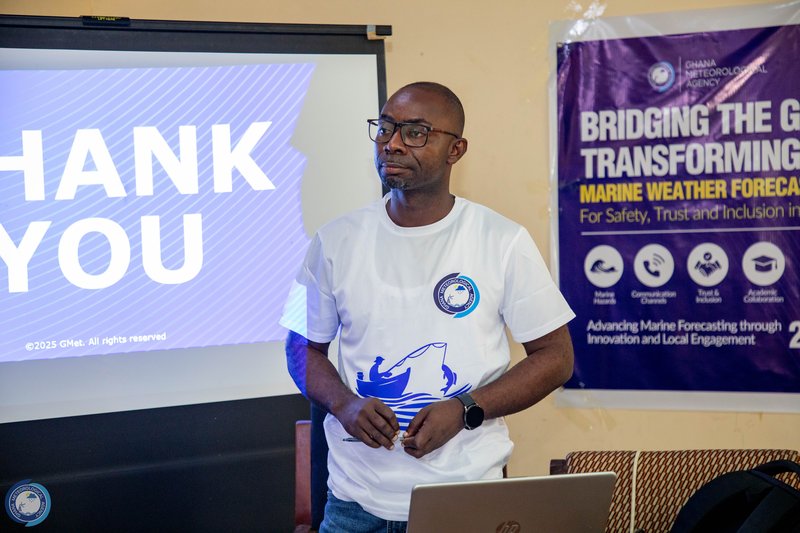
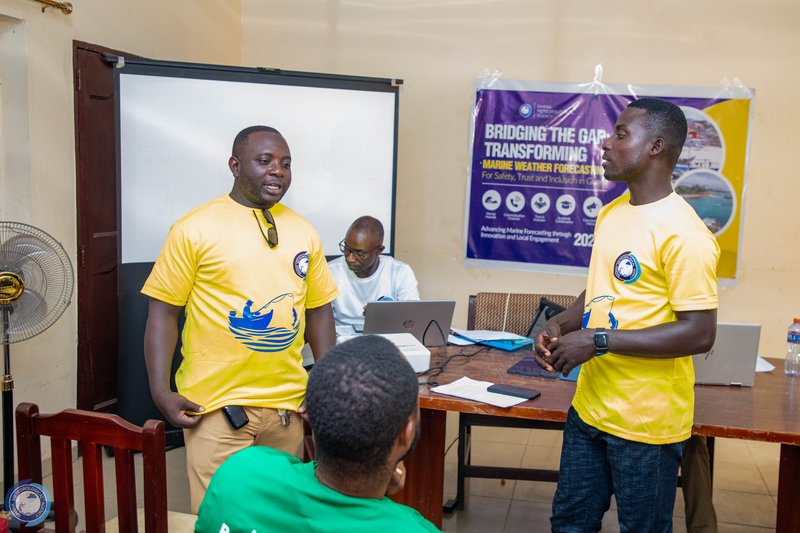
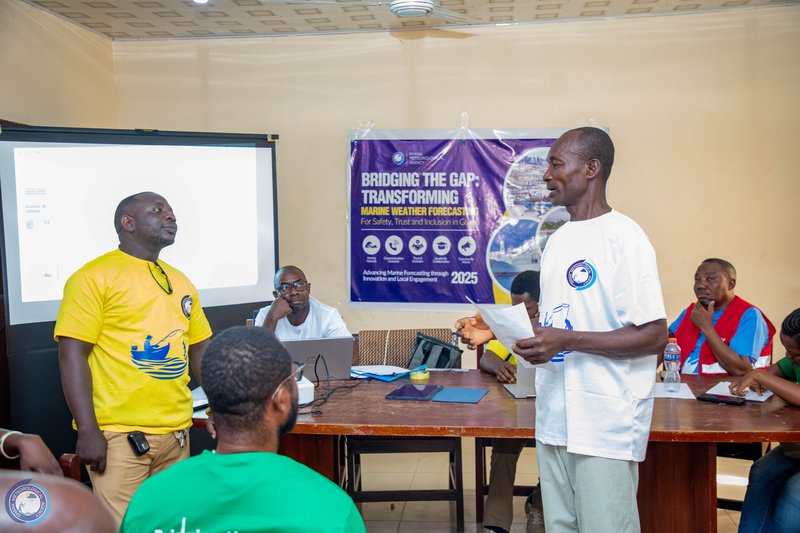
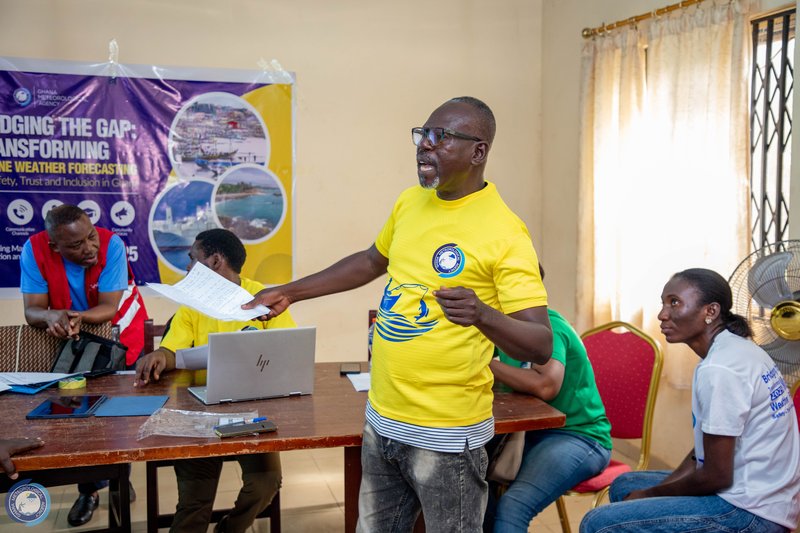
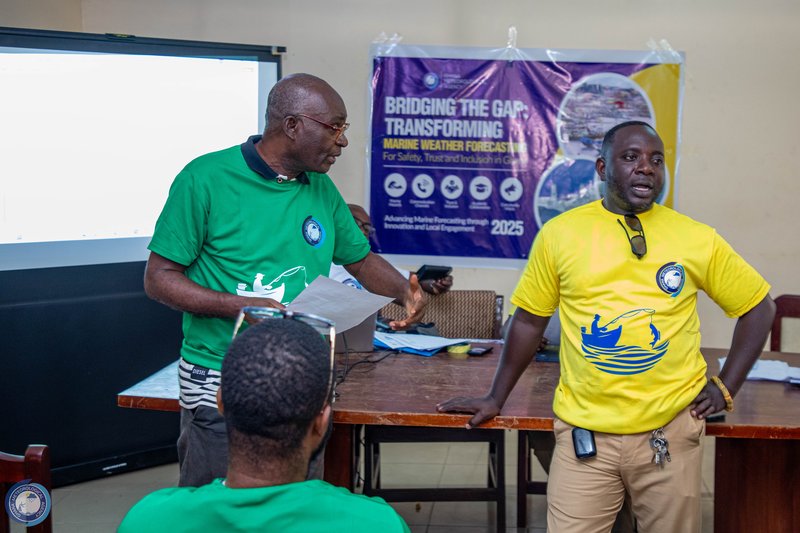
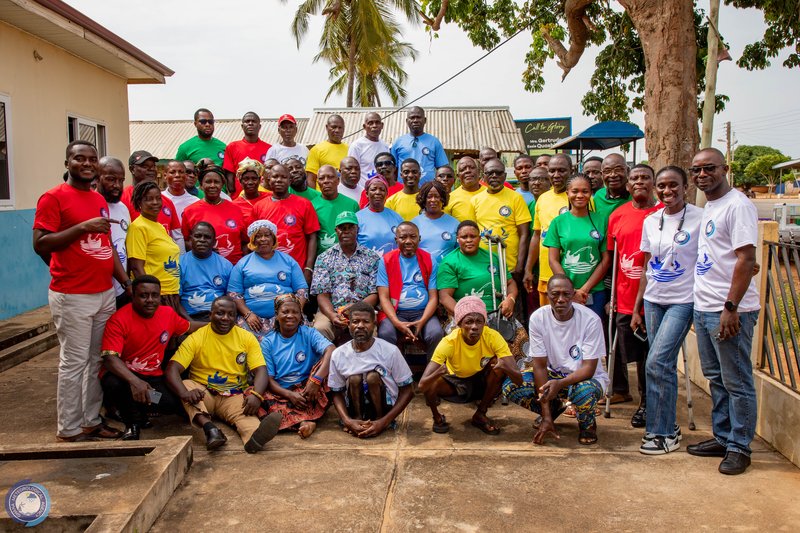
©️GMet Communications

